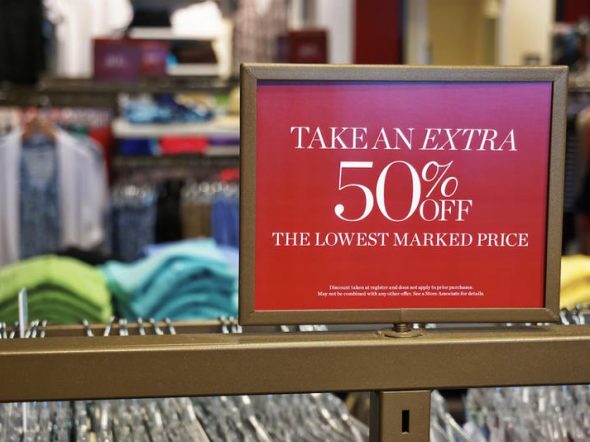When you work in retail, you come to quickly realize how important proper labels are. Labels are what helps you, as the owner or manager, keep items in your store organized. They also provide communication to customers who may be interested in purchasing from your store.
Below are four of the most common types of retail labels and what they do for you and your customers.
1. Price Labels
Price labels are one of the most important types of retail tags you will ever use in the retail industry.
As you might have guessed, these labels specify to the customer what the price of each product in your store is. Without a price tag, customers may refrain from making a purchase as it’s too much effort to ask an employee what the price of every single item they’re interested in costs.
Not only do price labels conveniently help the customer make informed buying decisions and ensure no surprises when they go to checkout, but they can also make a cashier’s job easier. In retail shops that use old school systems rather than barcodes to ring up customers, it’s nice to have a price tag to refer to.
2. Sale Labels
When an item is on sale or on clearance, it’s critical for the product to feature a sale label. This is especially true for seasonal items or overstock goods you want to get rid of quickly to make room for new, fresh inventory. An item with a sale or clearance label can encourage customers to make a purchase more so than an item with a regular price label.
3. Brand Labels
Branding is everything. A brand label makes your shop look more professional and authoritative. It also offers a reminder to the customer where they purchased the item from so that they can return to purchase more in the future.
A good brand label will have a simple yet solid design that customers will remember. A fun pop of color, beautiful font of your business name, or something else that represents your business can make all the difference.
4. Thank You Labels
Customers want to feel and be appreciated. A simple thank you label can passively show appreciation for a customer’s purchase and make them feel valued. Gratuity coming from a business can make them appear humble, which is always a good look for a business.
Thank you labels can say anything from a simple, “Thank you,” to a more thorough, “Thank you for shopping small” or “Thank you for supporting my small business.” It’s a kind and empathetic way to get a message across to the customers who support you. Without customers, your business would be nothing after all.
Conclusion
It’s evident that labels are important in the retail industry. Price labels, sale or clearance labels, brand labels, and even thank you labels are all important to consider using if you work in retail. They can make all the difference when it comes to how you operate your online or brick & mortar store and how your customers make a purchase from you.
